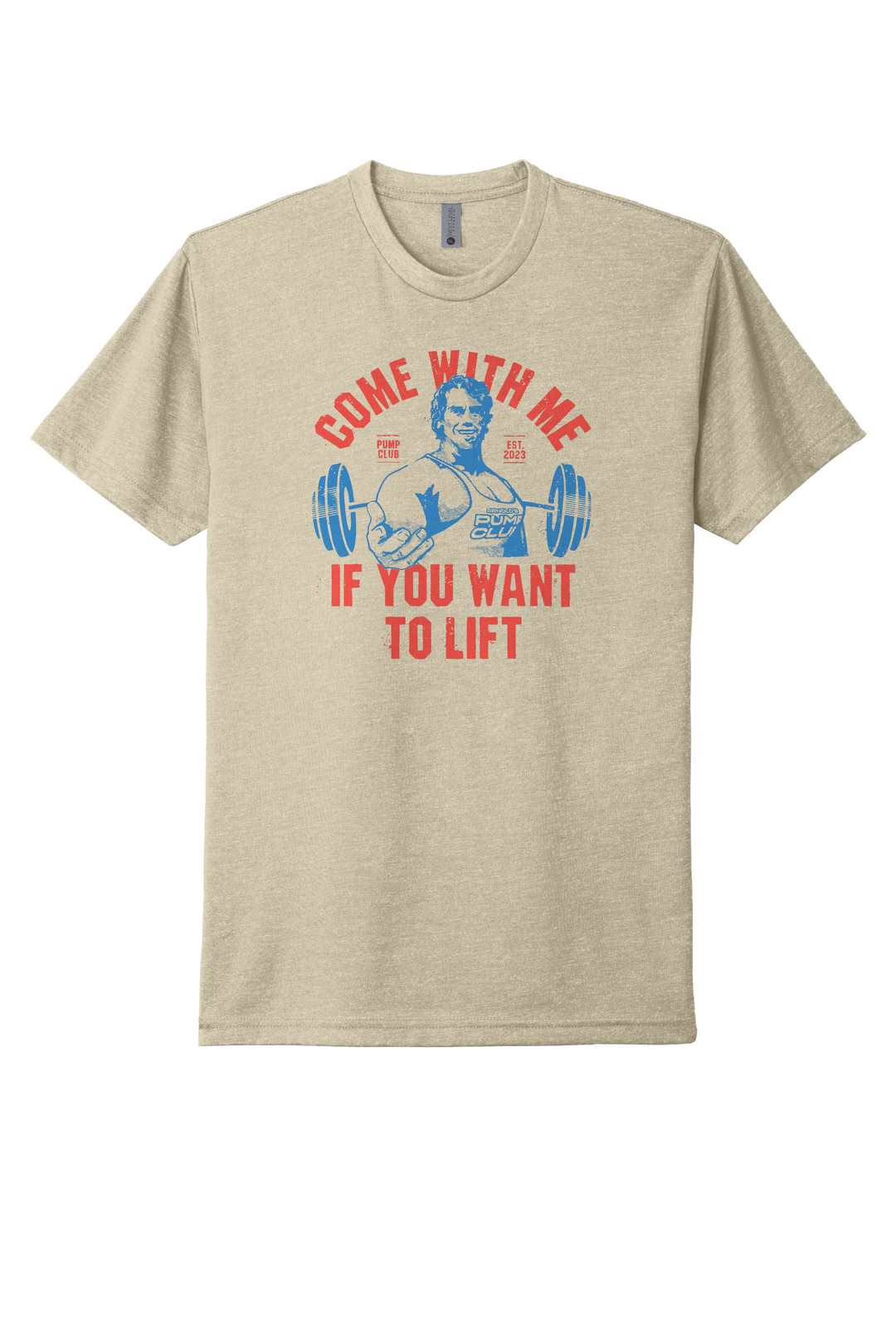Welcome to the positive corner of the internet. Here’s a daily digest designed to make you healthier in less than 5 minutes. If you were forwarded this message, you can get the free daily email here.
Today’s Health Upgrade
To lose more weight, eat more of this food
The 6-minute brain booster
You dementia protection plan
If you enjoy reading our daily newsletter, you'll love listening to it too. Be sure to subscribe to Arnold's Pump Club podcast. It's similar to the email, but with a few slight changes and more stories and perspective from Arnold. You can subscribe on Apple, Spotify, Google, or wherever you listen to podcasts.
To Lose More, Start Adding
When you’re trying to lose weight, many diets focus on removing or restricting certain foods. But, new research suggests adding — not eliminating — plays a key role in helping you lose weight.
Regardless of your food preferences, eating more protein is likely to help support successful fat loss.
That was the outcome of a study that looked at three different diets. The researchers found that a high-protein was more effective than a calorie-restricted diet that was lower in protein, and a method of intermittent fasting known as 5:2. This method has you eat a normal amount of calories five days per week, and then two days per week you only eat 500 calories.
Fat loss wasn’t the only benefit of eating more protein. The participants also improved their blood lipids and lowered their blood sugar.
That’s not to say the other methods didn’t work; they did. All three groups saw changes to their weight and lost fat. But simply bumping up the protein — eating 30 percent of daily calories from protein — was more effective than focusing on cutting calories (and eating less protein), or fasting two days per week.
And before you think it was about cutting carbs, the people following the high protein diet ate 40 percent of their daily calories from carbs. The lesson: many different eating styles can be effective, but you don’t need to follow something complicated. Consistency and eating enough protein can be the foundation of an effective plan.
The 6-Minute Brain Booster
If you want a stronger, smarter, healthier brain, exercise is the key.
Scientists recently compared behaviors that impact the brain by assessing the benefits of fasting, light exercise, and intense exercise. They measured BDNF, a chemical that supports the health, longevity, size, and strength of your brain.
It might surprise some, but fasting had no impact on BDNF. Doing light exercise led to a small increase in BDNF. But it was hard exercise that made the biggest difference. Just 6 minutes of intense intervals triggered a five-fold increase in BDNF compared to the lower-intensity workout.
This adds to the growing science that exercise is fertilizer for your mind and body. Not only does movement help protect against degenerative disease, but it might also help make your mind sharper and keep your brain young.
The study suggests you don’t need to live in the gym to see results. Remember, the benefits were seen after just 6 minutes of training. But, for the biggest boost, you must focus on intensity. Consider this one more reason getting a pump is one of the best things you can do for your body.
The Dementia Protection Plan
Ever wish you could access 28 leading experts on brain health and have them tell you exactly how to limit your likelihood of dementia? Well, you don't have to imagine what that would be like.
A recent study identified 12 behaviors that can help delay or prevent your chance of dementia by 40 percent.
Approximately one out of every fourteen people above 65 gets diagnosed with dementia. That is far too many, and, unfortunately, the disease is trending upward. Some experts expect that number to double in the next twenty years.
You know Arnold loves checklists, so consider this a list goals you can check off to keep your mind healthy:
After the age of 40, maintain a systolic blood pressure of 130 mm Hg or less.
Limit your alcohol intake to a maximum of 2 to 3 drinks per week.
Connect with friends at least three times per week. This can be calls, texts, coffee, meals, Zoom, or FaceTime. Do what it takes and make sure you’re not socially isolated.
It may seem obvious, but stop smoking and support others to stop smoking. Second-hand smoke is also associated with dementia.
Take daily walks
Do some sort of resistance exercise 2 to 3 times per week
Avoid obesity. That means having a BMI of less than 30. But, if you have a lot of muscle, BMI isn't always the best measure. In that case, you can use other measurements to assess your health. Men should try to keep their waist under 38 inches and women under 35 inches.
Keep your blood pressure under 130/85, and fasting blood sugar under 100 mg/dl. (Of course, consult your physician on any of these numbers.)
Stop wearing headphones at maximum volume. Hearing loss is associated with the development of dementia. And, if you develop hearing loss, use hearing aids.
All of these are doable goals, and if you work at it, you're giving your body the best chance at prevention.























































